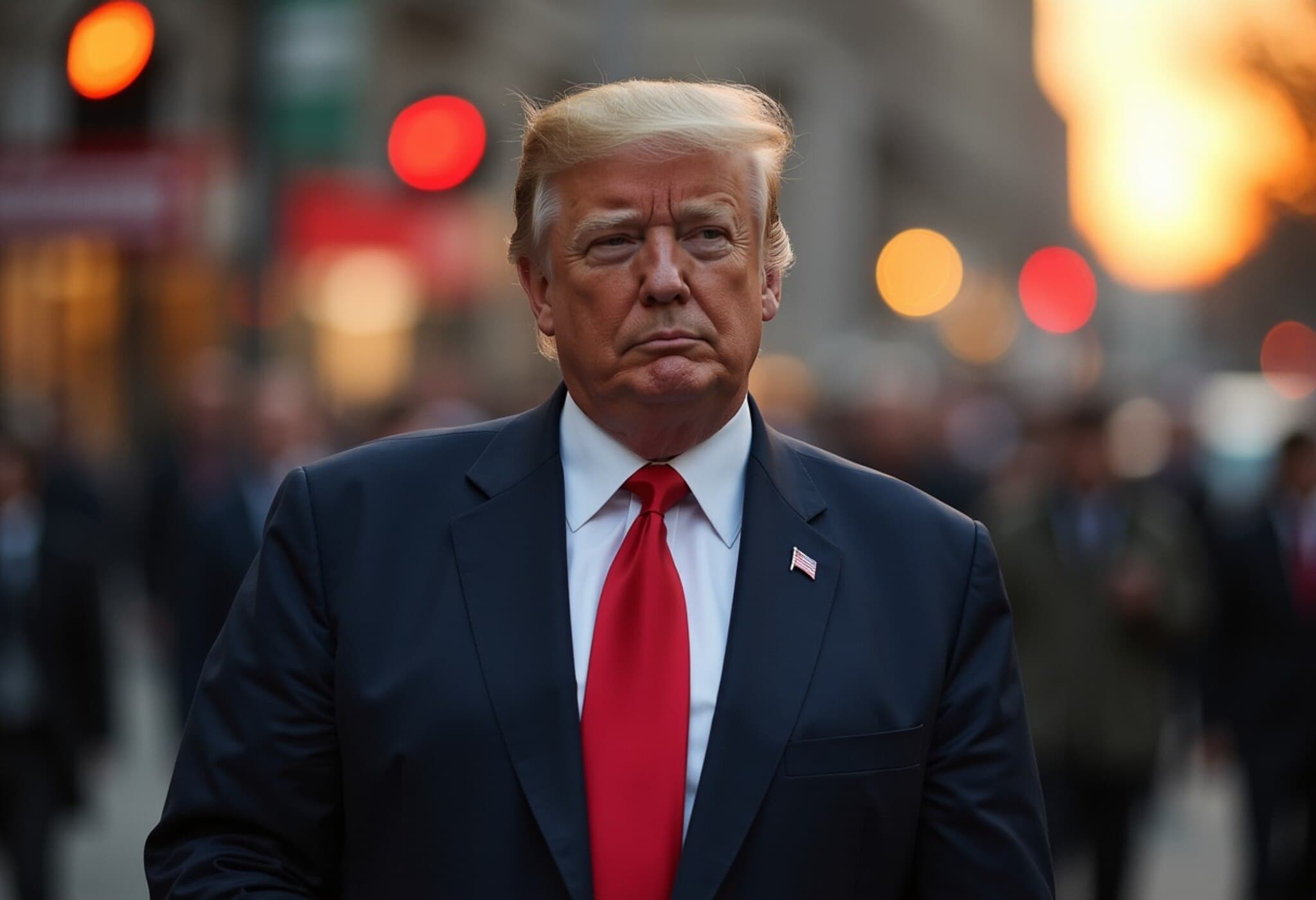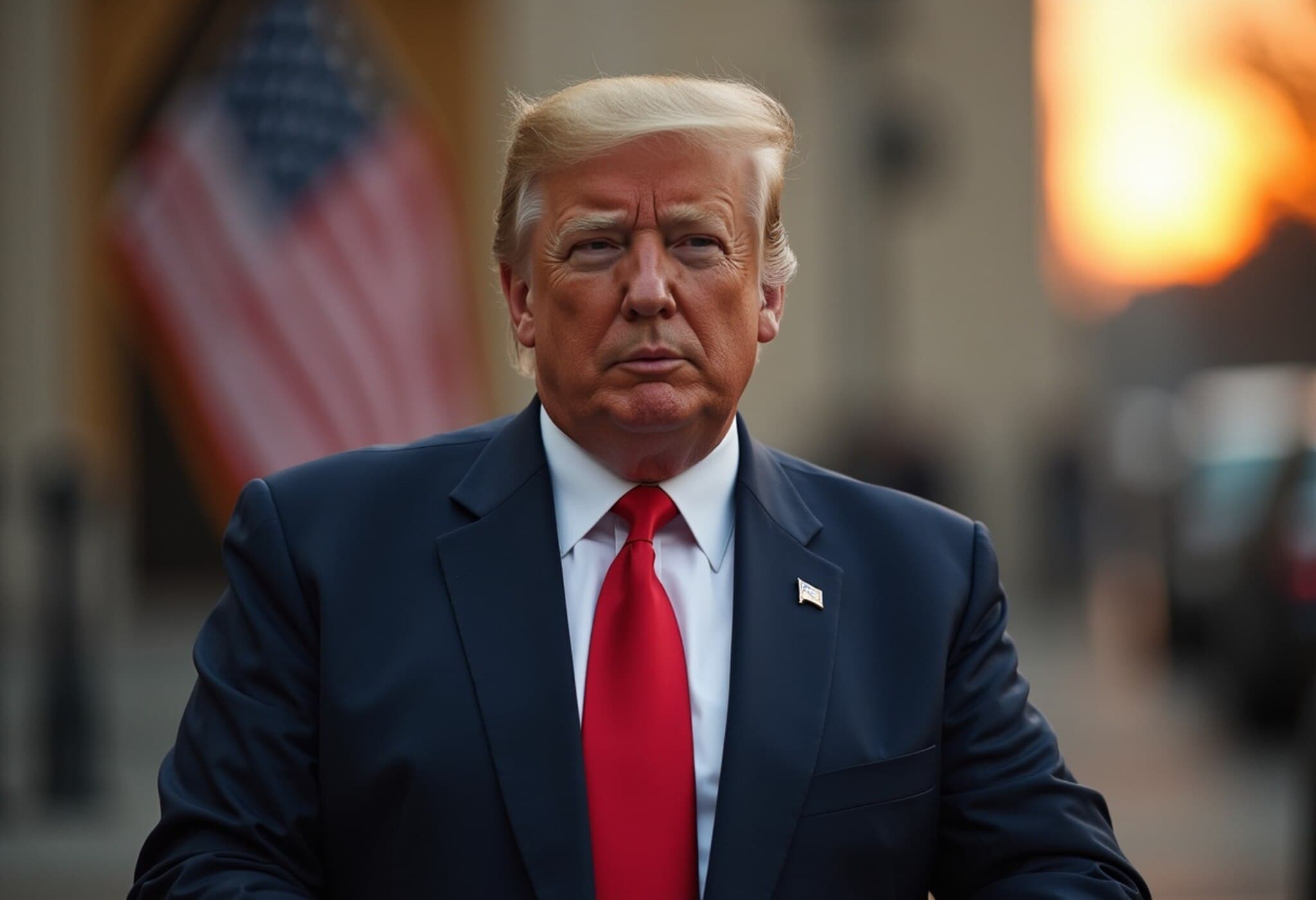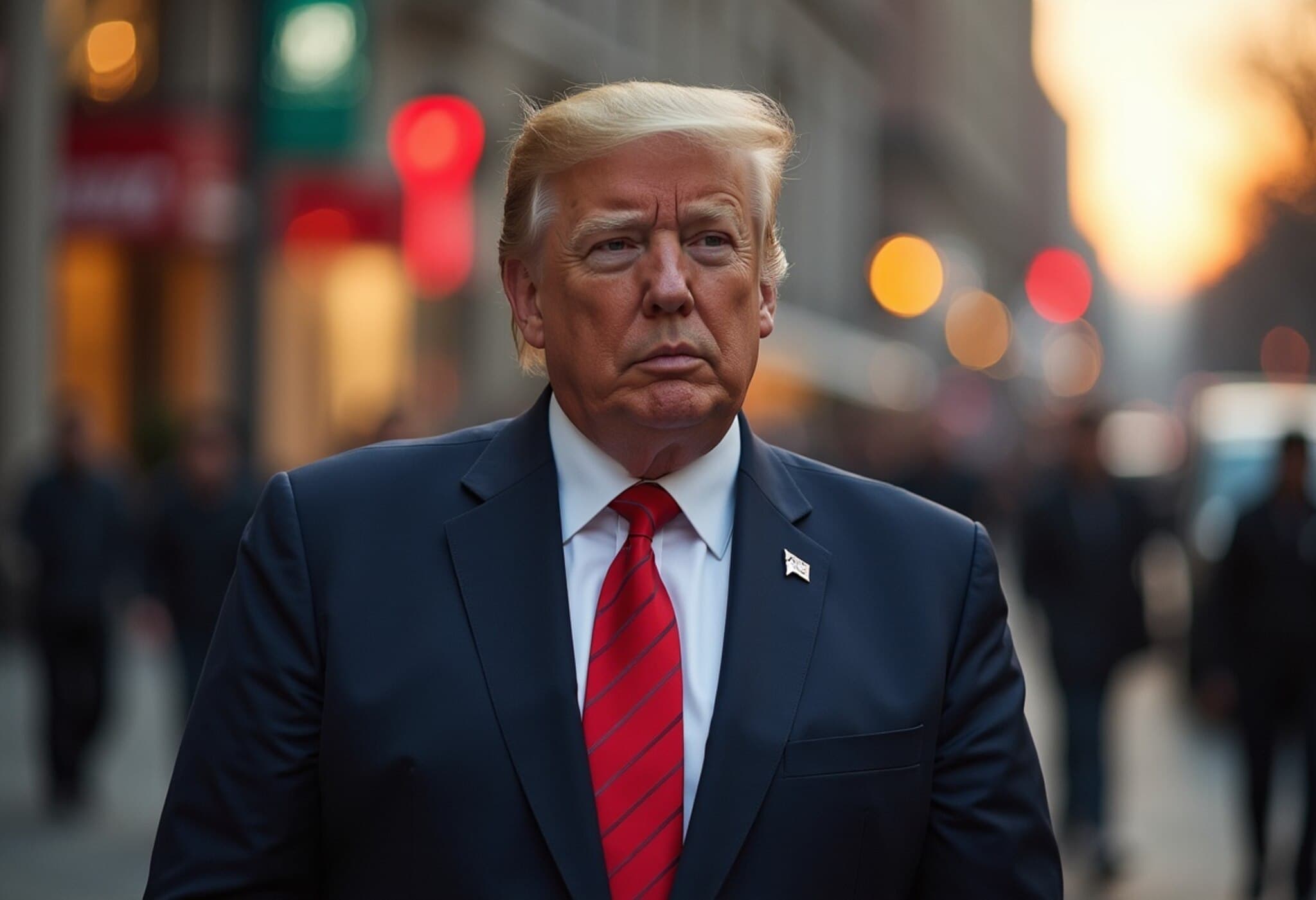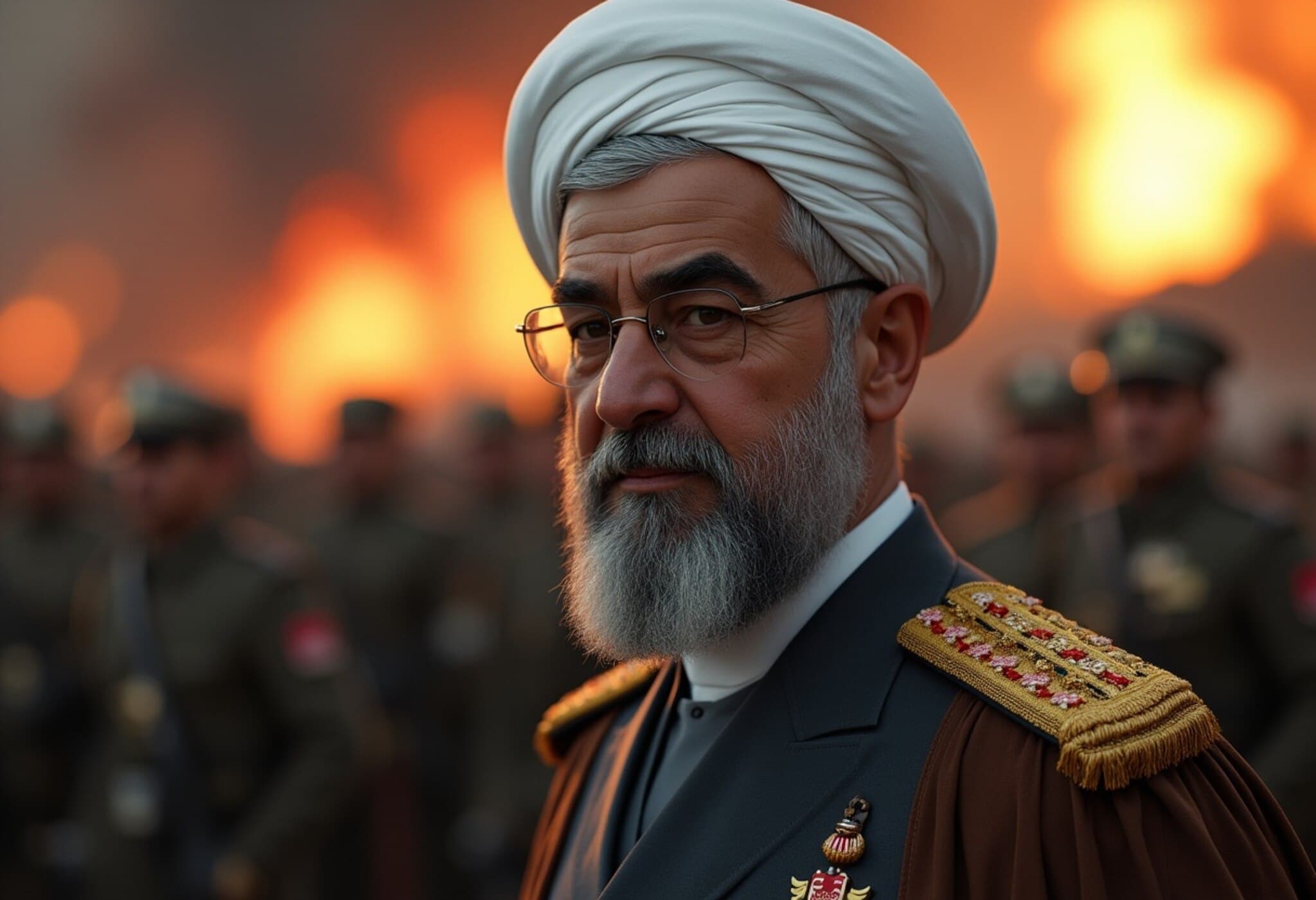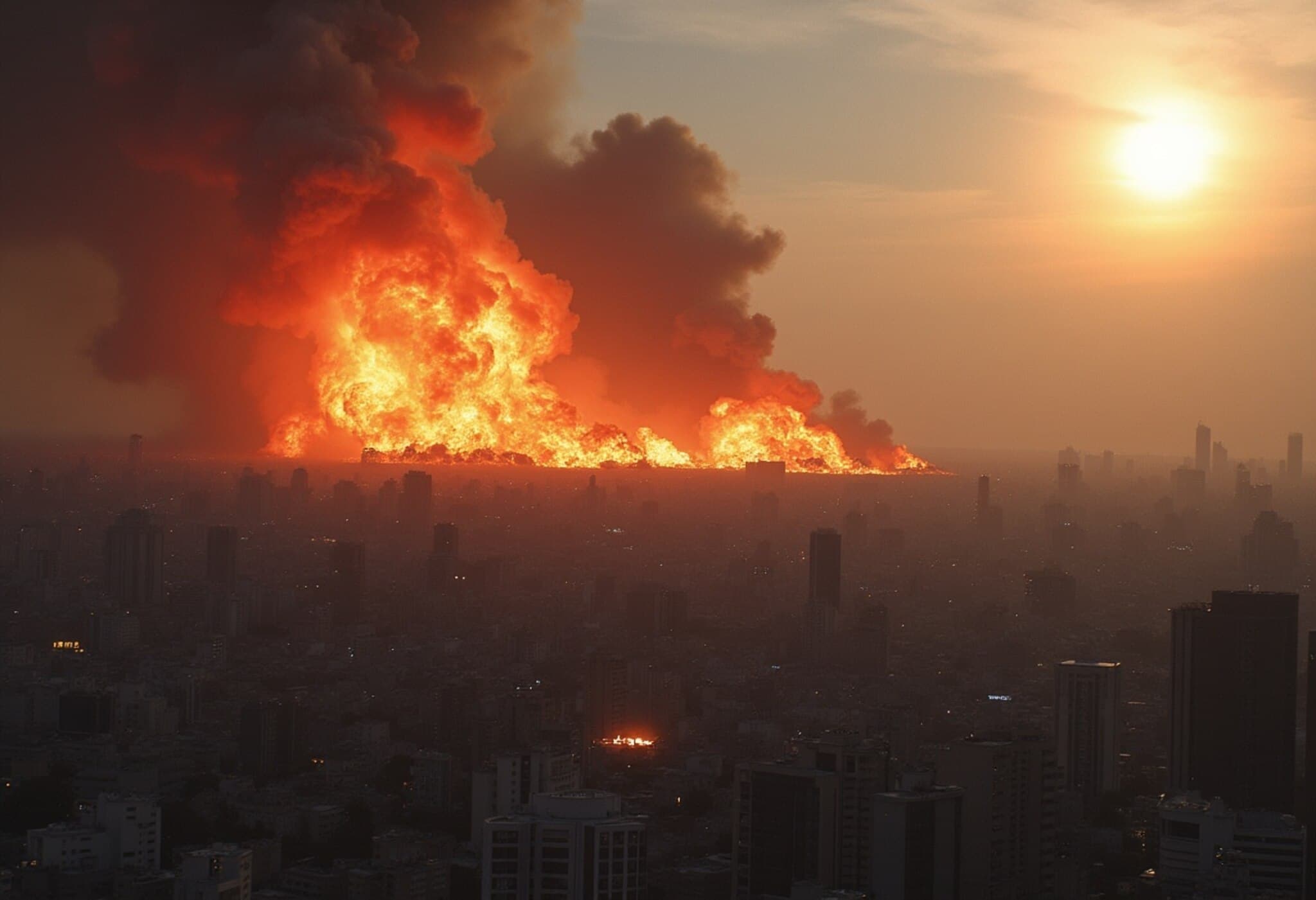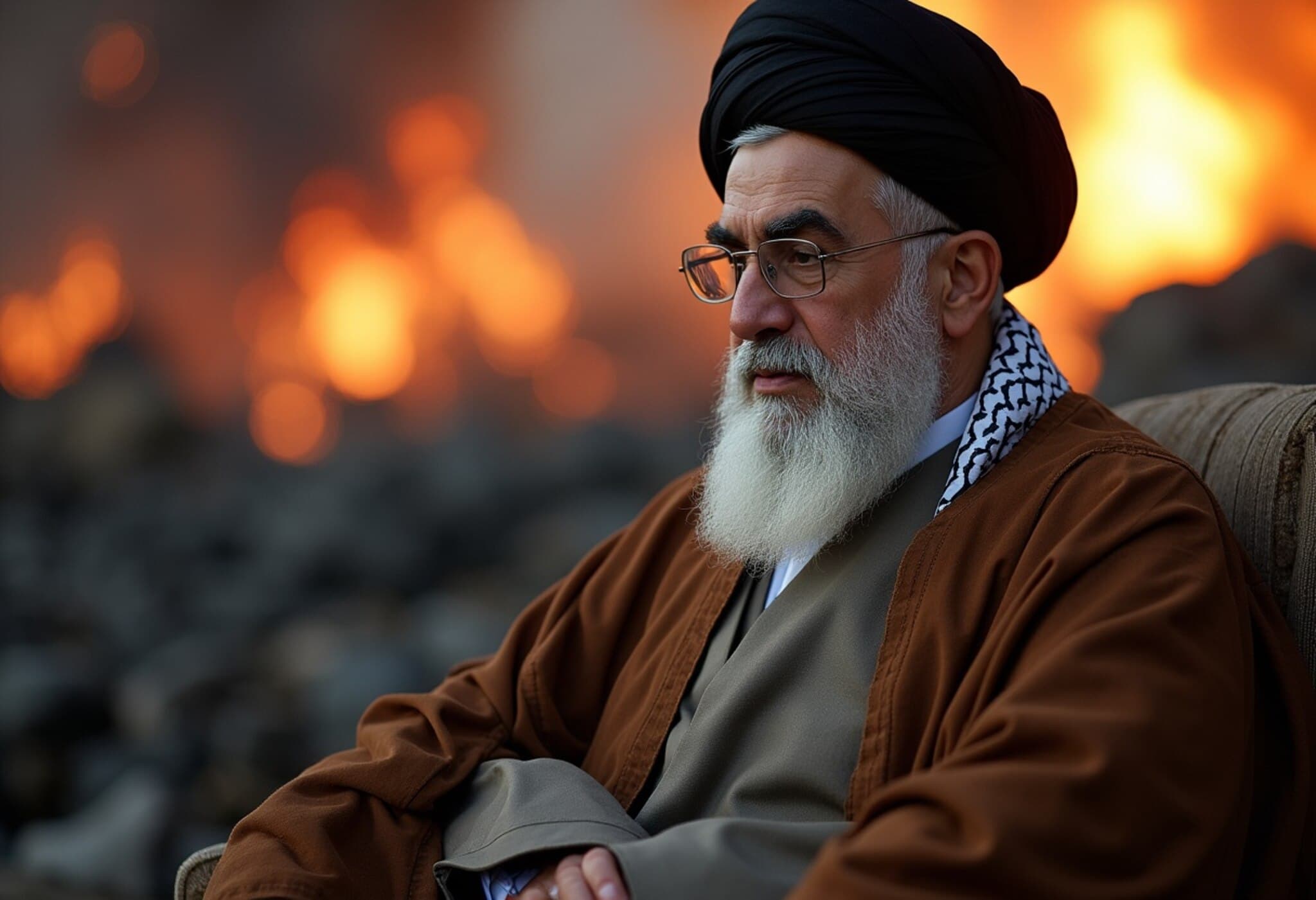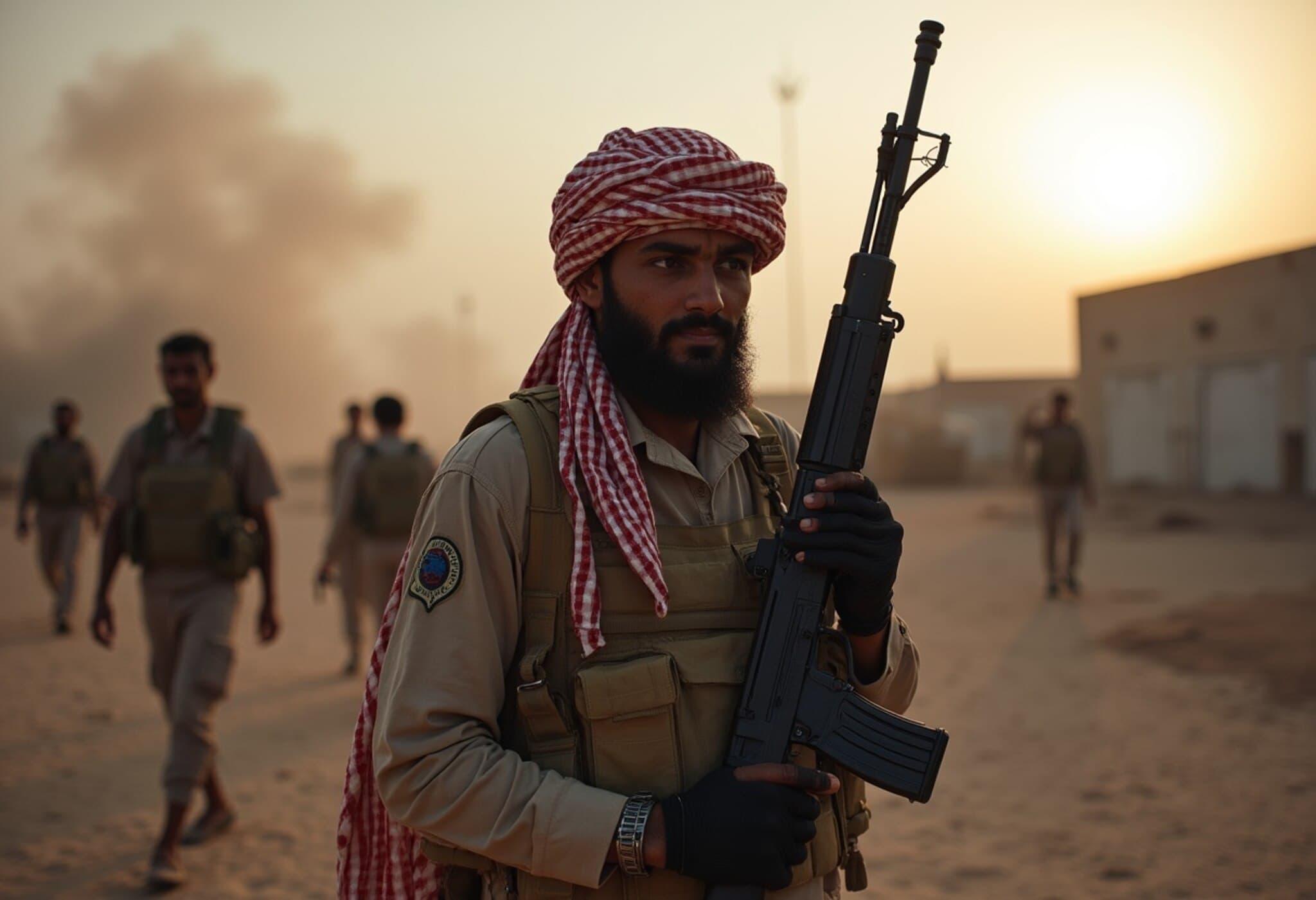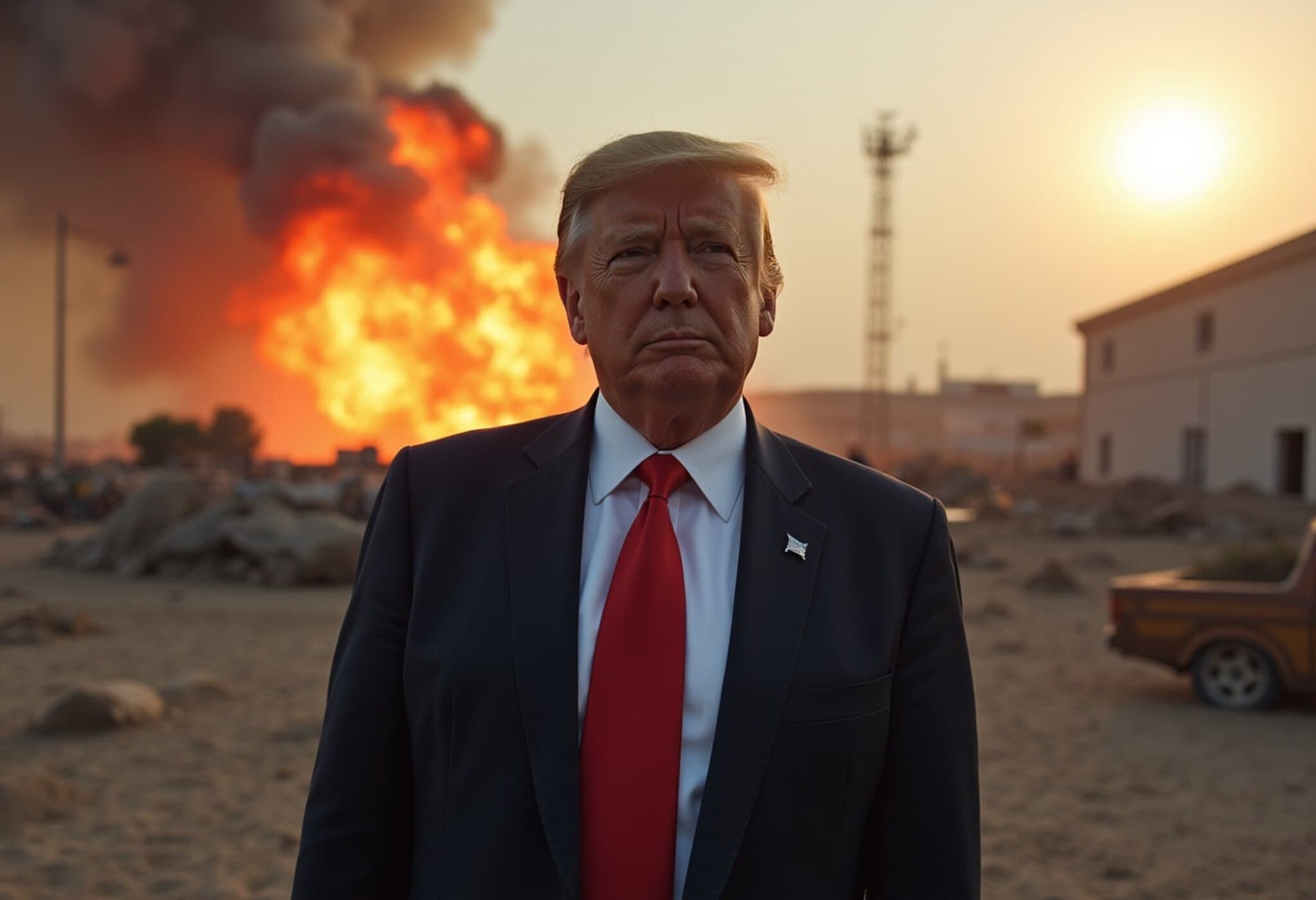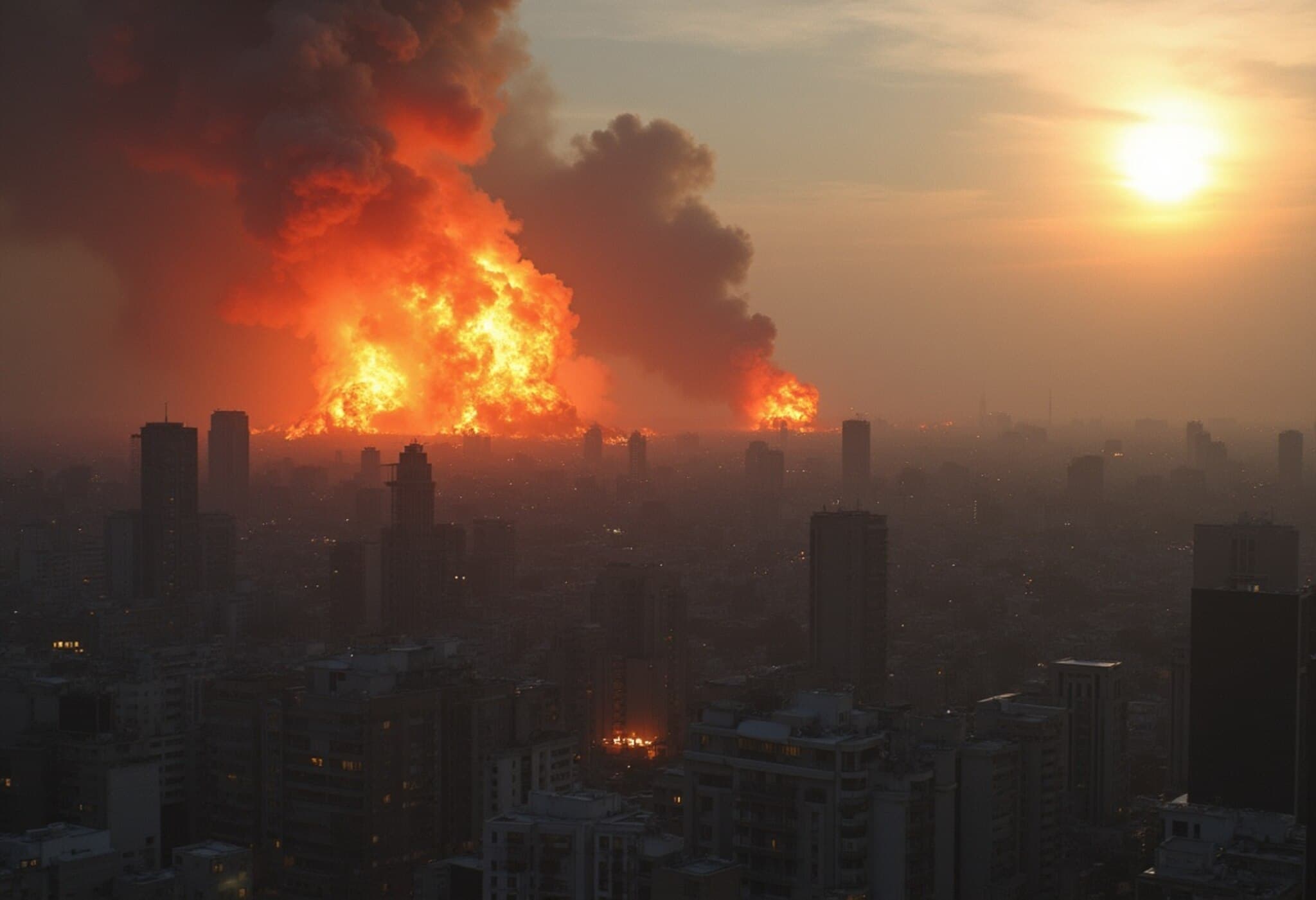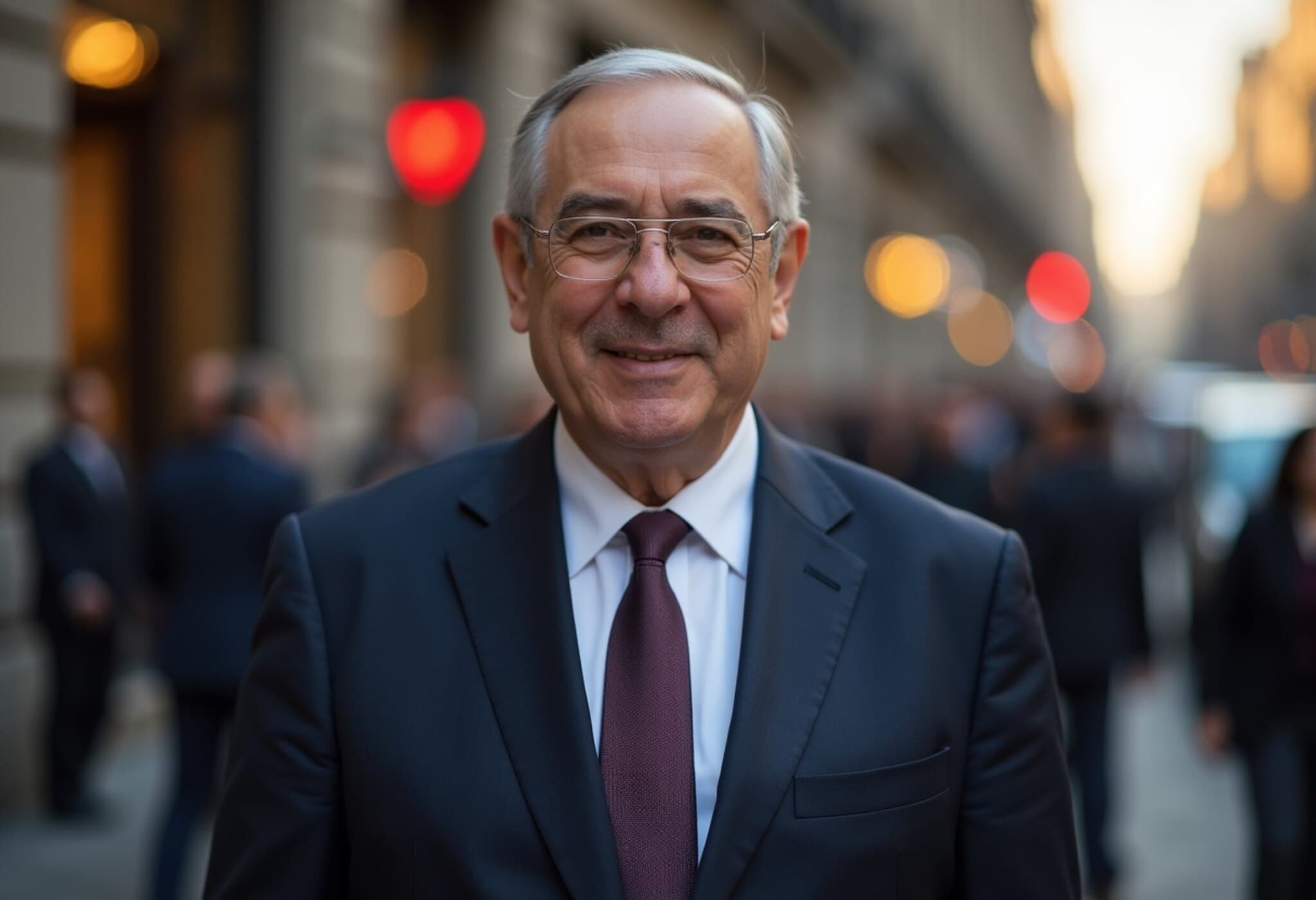Trump Signals Potential Regime Change in Iran
In a striking departure from official US policy, former President Donald Trump publicly hinted at the possibility of regime change in Iran if the current leadership fails to "make Iran great again." This statement comes amid heightened tensions following US airstrikes targeting Iranian nuclear sites, casting additional uncertainty across the volatile Middle East landscape.
Conflicting Messages from the US Administration
The Trump administration's messaging on Iran has been notably mixed. While some senior US officials have suggested a willingness to resume diplomatic talks after the recent strikes on nuclear facilities, Trump’s blunt remarks on social media introduced a more confrontational tone. On Truth Social, Trump wrote, "It's not politically correct to use the term 'Regime Change,' but if the current Iranian regime is unable to MAKE IRAN GREAT AGAIN, why wouldn't there be a regime change??? MIGA!!!" This statement contrasts with Defense Secretary Pete Hegseth’s earlier comments emphasizing that the September operation was not aimed at regime change.
Official Statements Stress No Desire for War
At a Pentagon briefing, Hegseth and Air Force General Dan Caine confirmed the success of "Operation Midnight Hammer," targeting nuclear sites in Fordo, Natanz, and Isfahan. They reported no Iranian resistance and indicated severe damage to all three facilities. Despite the aggressive military action, officials repeatedly insisted that the US does not seek war with Iran. Vice President JD Vance echoed this sentiment, suggesting the strikes provide Tehran with an opening to return to negotiations.
Potential Iranian Responses and Regional Impact
However, the situation remains precarious. Iran retains multiple options for retaliation, including:
- Blocking oil shipments through the strategic Strait of Hormuz
- Launching attacks on US military bases in the region
- Conducting cyberattacks against US or allied infrastructure
- Accelerating its nuclear weapons program as a reaction to the US assault
Each of these possibilities carries significant risks of escalating conflict, potentially drawing in other regional powers and affecting global energy markets. The dilemma now centers on whether this military action serves as a catalyst for renewed diplomacy or propels the region into a more intense, protracted phase of conflict.
Domestic Fallout and Political Responses
The strikes quickly became a point of contention within US politics. Trump used social media to commend the military success, declaring that the operation took the nuclear "bomb right out of their hands." He also criticized Congressional opponents, including Representative Thomas Massie, who had challenged the president's authority to launch the attacks without explicit congressional approval.
This internal debate underscores the broader challenge facing US leadership: balancing decisive action on national security with constitutional oversight and public support.
Looking Ahead
The recent airstrikes against Iran’s nuclear sites mark a critical juncture. While the US touts significant damage to key facilities, the aftermath could reshape the geopolitical landscape in unpredictable ways. Whether these events push Iran towards the negotiating table or ignite further hostilities remains to be seen.

